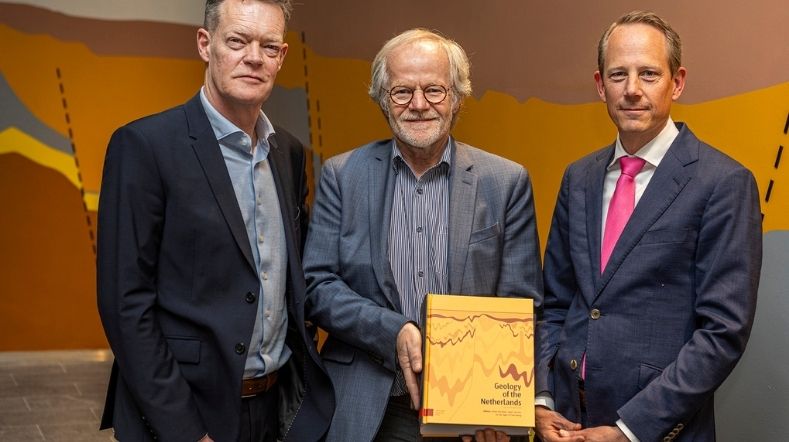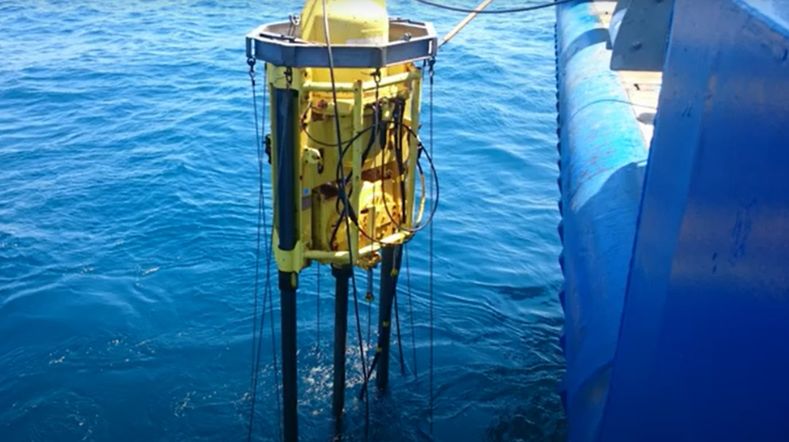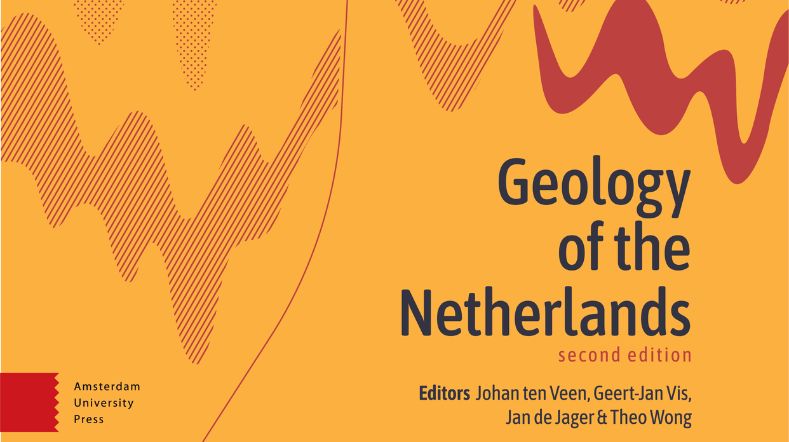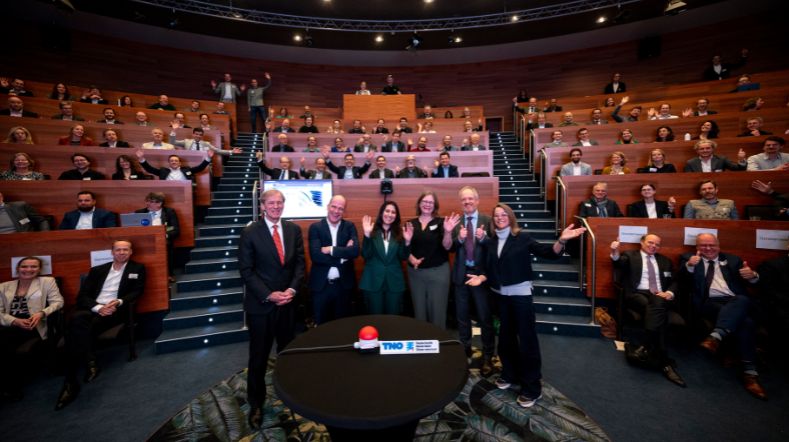Research group Hydrology and Reservoir Engineering
At the Hydrology and Reservoir Engineering (HRE) research group, part of the Geological Survey of the Netherlands (GDN), we are dedicated to achieving water security and the sustainable use of geo-energy, critical raw materials, and the safe storage of CO2, hydrogen and heat.
Support decision-making
Our mission is to improve understanding of subsurface system dynamics by integrating hydrogeological characterisation, and the modelling of flow, heat, and geochemical effects.
We deploy this knowledge to support decision-making by both governments and industry. To this end, we develop open software tools and make our reliable data accessible via online models and web applications.
Shallow and deep subsurface
Our expertise covers both shallow and deep subsurface, enabling us to contribute to the sustainable use of the subsurface and a healthy living environment. By combining our knowledge of flow dynamics in these areas, we can address a wide range of challenges and opportunities.
Our expertise
The HRE research group comprises three teams, each focusing on different aspects of subsurface flow:
- Team Reservoir Modelling and optimization: focuses on managing subsurface reservoirs methods for energy production and storage.
- Team Geohydrology: primarily concerned with groundwater flow in energy applications.
- Team Geochemistry: investigates the chemical processes occurring during subsurface activities.
We collaborate closely with our colleagues in Subsurface Modelling (SSM) and Geoscience and Technology (GST) to link the required expertise to technical and societal challenges.
Key application areas
Our main areas of application include:
- Groundwater quality and quantity
- Opportunities for multi-purpose groundwater use
- Soil energy systems and geothermal energy
- Storage of thermal energy, hydrogen, and carbon dioxide
- Impact of mining activities
Innovative research for sustainable solutions
Our innovative research includes determining the age of groundwater using tracers to track the flow of water or substances. This method has proven effective in understanding groundwater systems and assessing the potential risk of pumped water contamination.
The results of our groundwater surveys are publicly accessible through Groundwater Levels in View and Groundwater Quality in View.
Additionally, our research helps energy companies in developing strategies to optimise the efficiency, safety, and cost of energy generation and storage. We co-developed the Everest open-source model, which helps determine the best locations for wells and assess useful observations and fluid injection capacities.
Impact and risk management
Another crucial aspect of our research is materials sustainability and risk management, focusing on prevention, monitoring, and mitigation. This includes studying groundwater mixing, subsidence, and the occurrence of chemical or biological reactions.
Safe and responsible use of the subsurface is an important aspect of our research. We focus on impact activities to the environment and explore prevention, monitoring and mitigation strategies. This includes understanding the occurrence of chemical or biological reactions, developing a monitoring plan or introducing sustainable materials as well or drilling equipment.
Get inspired
Geology of the Netherlands: the wealth of knowledge under our feet


How fast did sea levels rise after the last ice age?


TNO presents new edition of 'Geology of the Netherlands'


Netherlands Materials Observatory (NMO) officially opened


Labtour RCSG

